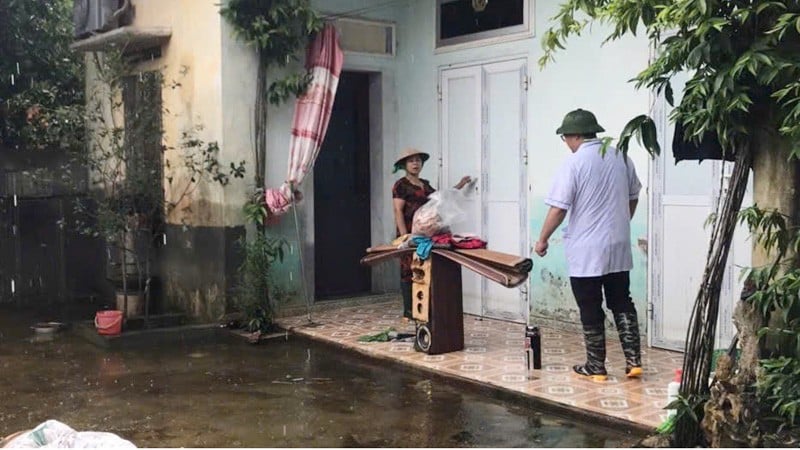
Notably, storms and floods not only cause damage to people and property, but also pollute the environment, potentially causing epidemics that affect people's health.
Sharing about this issue , Dr. Khong Minh Tuan, Deputy Director of the Center for Disease Control (DCD) of Hanoi city said: during the rainy season, especially when there is prolonged flooding, environmental sanitation, clean water, and food are all seriously affected. Especially, when infrastructure is destroyed, clean water sources are polluted, people have to evacuate to temporary housing, living conditions are cramped, unsanitary...
This is an ideal environment that creates favorable conditions for bacteria, viruses and disease-causing insects to develop. Therefore, some diseases often increase during this time, such as: dengue fever transmitted by Aedes mosquitoes, often breaking out strongly after rain due to stagnant water creating mosquito larvae; acute diarrhea, cholera, dysentery caused by rainwater, flood water carrying waste, garbage making domestic water sources easily polluted; flu, respiratory infections due to weather changes, humidity causing reduced resistance, influenza virus easily spread; skin diseases caused by contact with dirty water, wading in flooded water for a long time can easily cause dermatitis, fungus, scabies; eye infections, red eyes caused by bacteria, viruses spread through dirty hands or sharing towels, washing water.
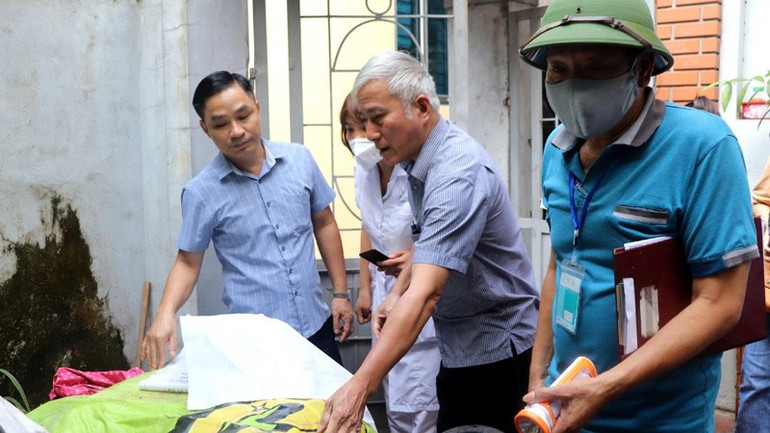
Doctor Khong Minh Tuan said that in order to proactively prevent and control the above-mentioned epidemics, the local health sector needs to strengthen epidemiological surveillance in the community during and after storms in the area, especially in low-lying areas that are often flooded, to detect epidemics right from the first case to localize and handle them promptly, not allowing the epidemic to spread to the community; deploy instructions for people to clean the environment before and after storms; fully prepare medicines, disinfectants, and medical equipment to meet the epidemic prevention work during the storm season; train grassroots health workers in skills to recognize and promptly handle epidemics after storms and floods...
In Hanoi alone, the Hanoi Center for Disease Control has established eight mobile teams to promptly support communes and wards in disease prevention and control, handling urgent public health situations; closely coordinating with local authorities to disseminate disease prevention measures to people at home.
However, to proactively prevent and fight epidemics during and after storms and floods, in addition to the participation of the entire political system and the efforts of the health sector, the role of the people in this work is extremely important.
Therefore, people need to strictly follow the recommendations of the health sector such as: choosing and processing safe and hygienic food, eating cooked food and boiled water; regularly washing hands with soap before and after preparing food, before eating and after using the toilet; practicing personal hygiene daily, washing feet and drying between toes after contact with flood water or contaminated water.
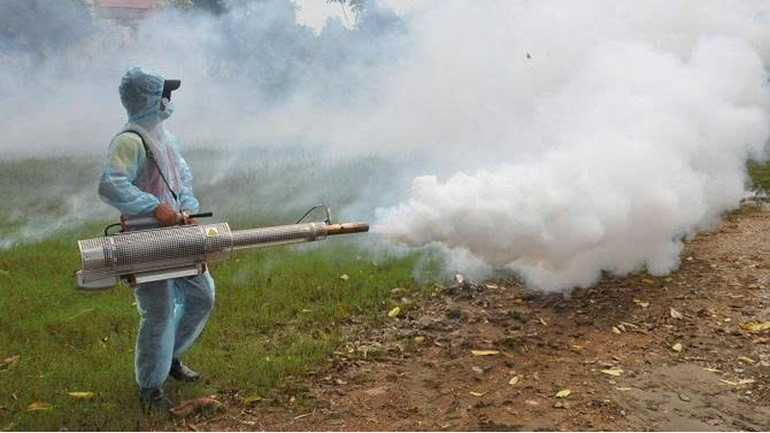
Organize the destruction of larvae and mosquitoes by covering tanks and water containers, releasing fish into large water containers, removing waste such as bottles, jars, car tires, etc. or natural water holes to prevent mosquitoes from laying eggs, using mosquito nets when sleeping even during the day; cleaning water tanks, wells, water containers and using chemicals to disinfect drinking water and domestic water according to the instructions of medical staff; implementing the principle of cleaning as the water recedes, collecting, treating and burying animal carcasses; avoid wading through dirty water, if forced to go through flooded areas, wear boots or rubber shoes, wash and dry your feet immediately afterwards; do not share personal items such as towels, toothbrushes, wash basins to avoid spreading eye or skin diseases.
When experiencing symptoms of high fever, diarrhea, skin rash, or eye pain, people should immediately go to the nearest medical facility for timely diagnosis and treatment. Absolutely do not buy medicine on your own, especially antibiotics, or have an IV at home.
Each person needs to proactively protect their own health and that of their family, with the motto "Prevention is better than cure"; especially in the context of frequent natural disasters like today, by adhering to hygiene principles, eating properly, and ensuring a clean living environment is the most effective way to avoid epidemics.
Source: https://nhandan.vn/canh-giac-voi-nhung-benh-dich-thuong-gap-trong-mua-mua-bao-lu-lut-post895391.html


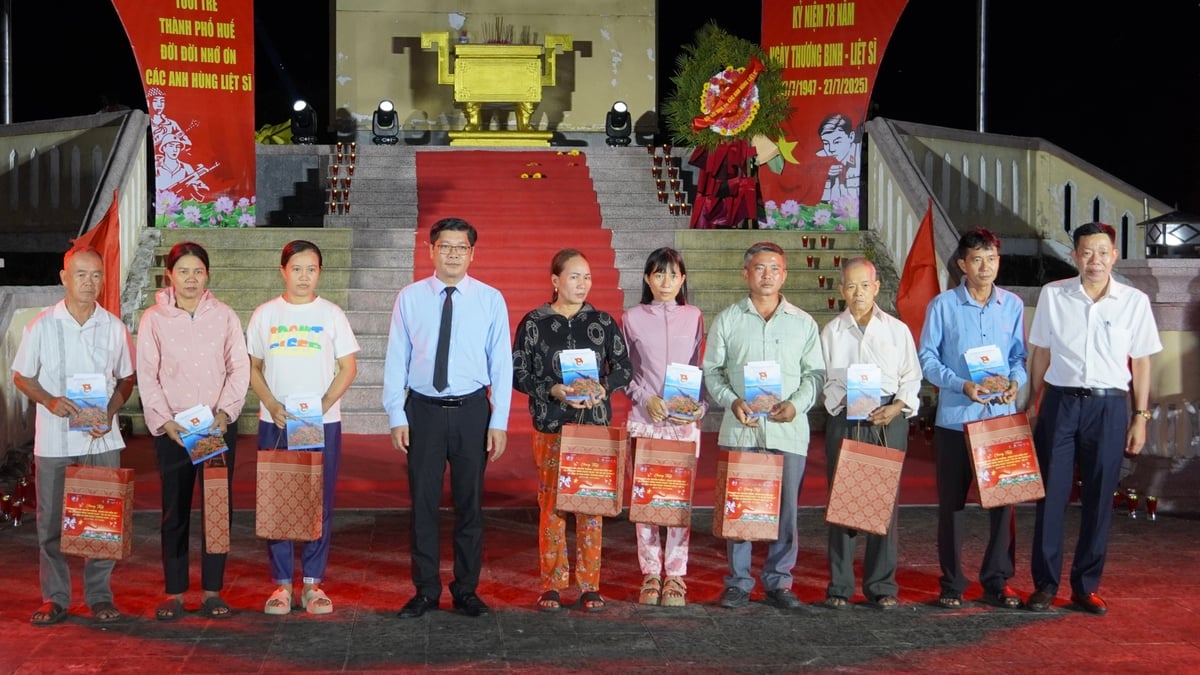


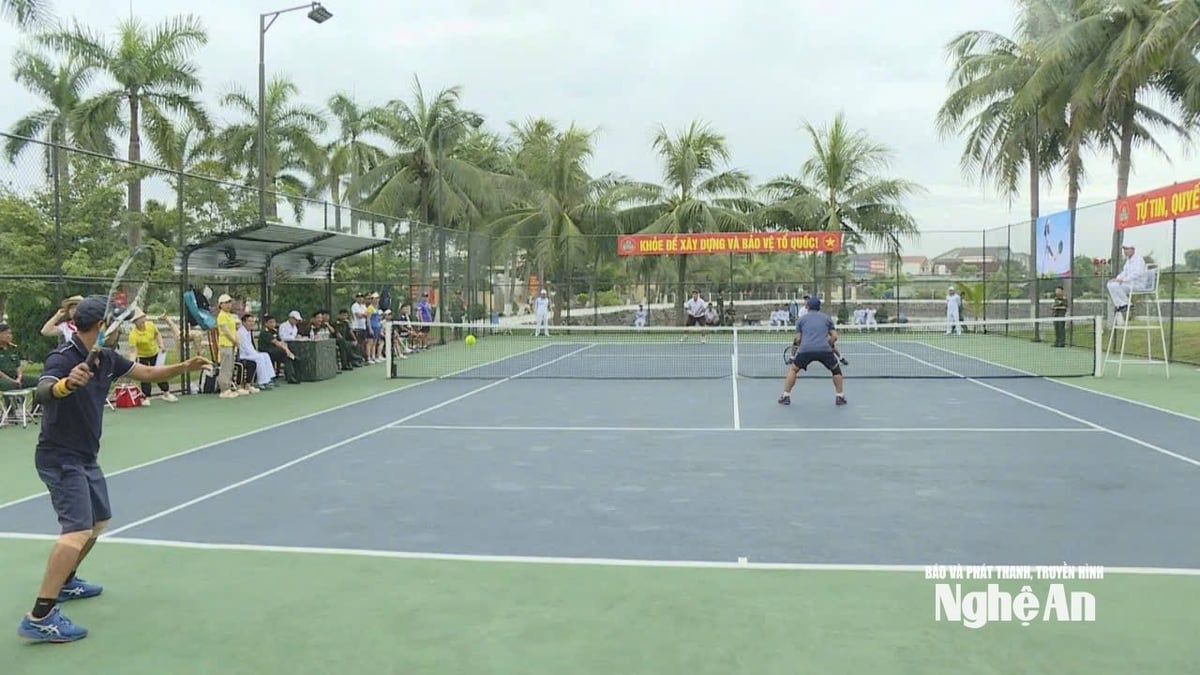

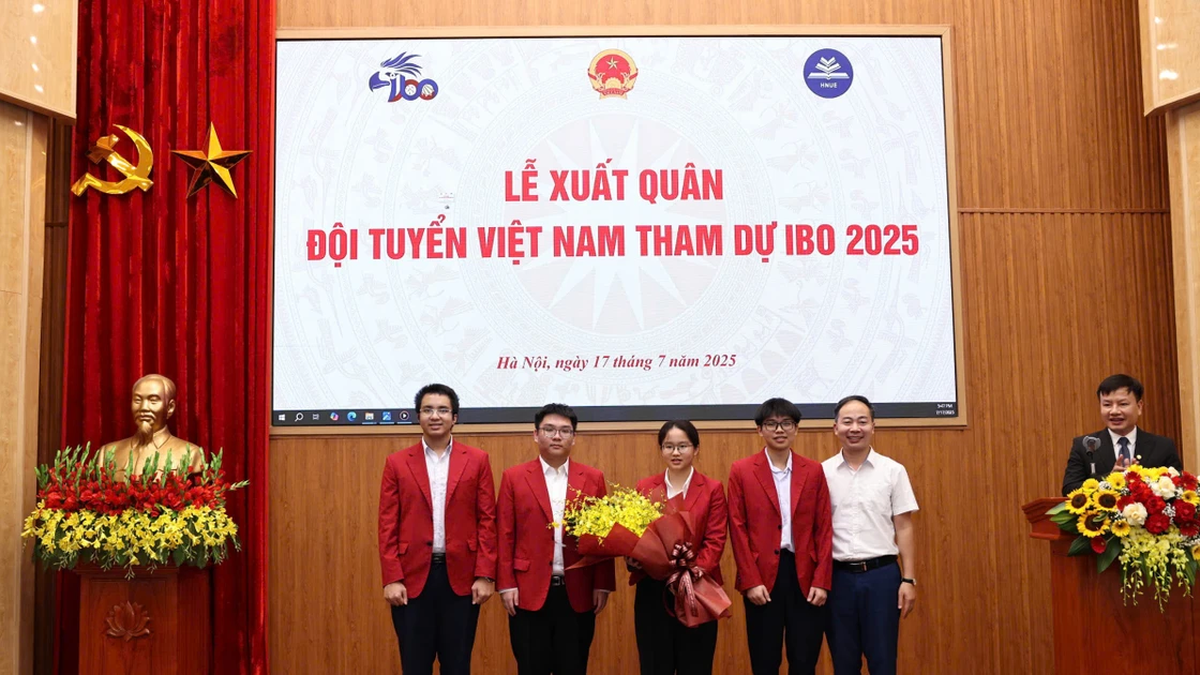

























































![[Photo] National Assembly Chairman Tran Thanh Man receives Chairman of Morocco-Vietnam Friendship Association](https://vphoto.vietnam.vn/thumb/402x226/vietnam/resource/IMAGE/2025/7/26/b5fb486562044db9a5e95efb6dc6a263)
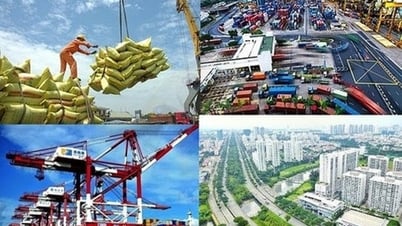


































Comment (0)